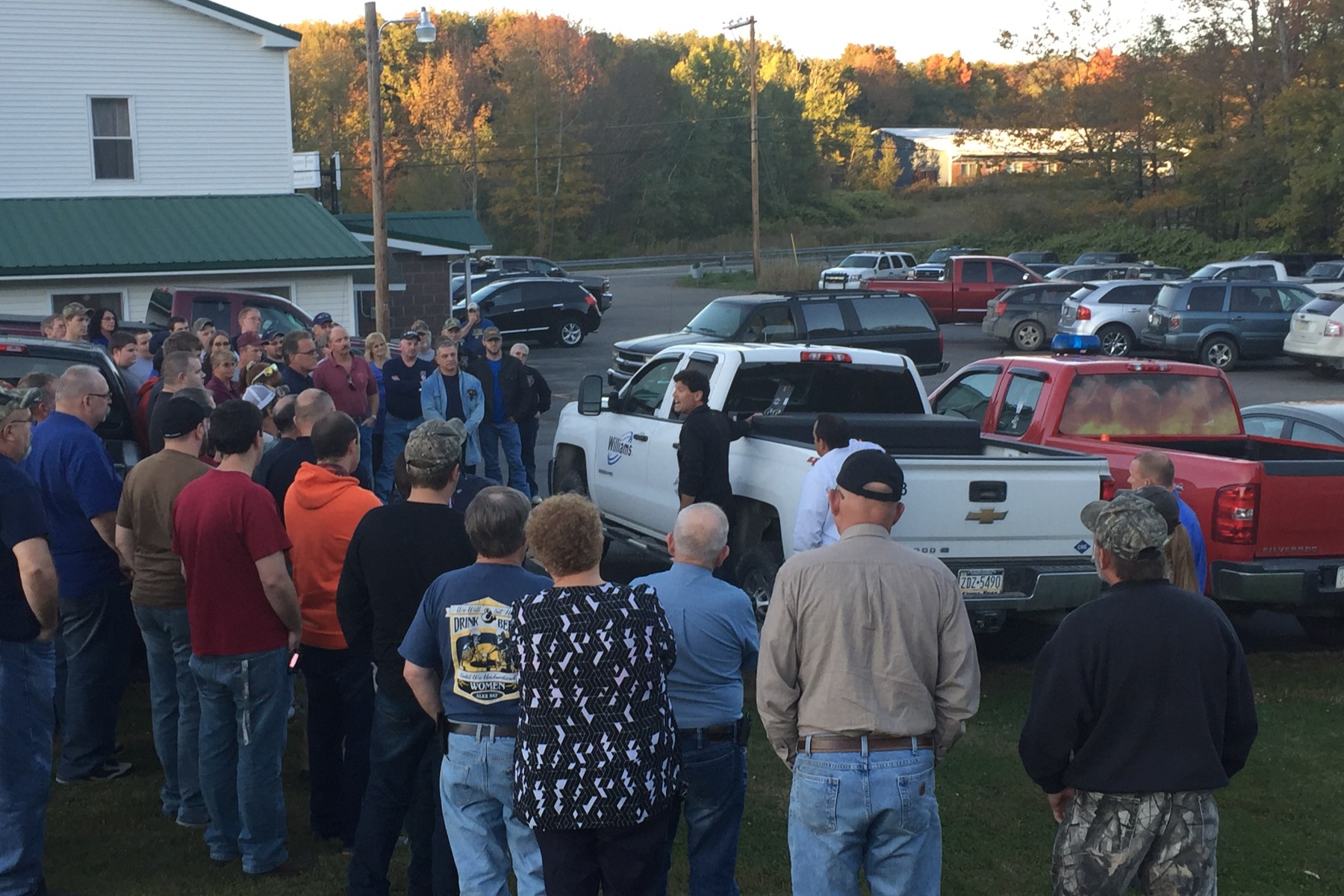We recently hosted a series of training sessions for local first responders regarding Compressed Natural Gas (CNG) vehicles and CNG fueling stations.
This was the first training of this kind in northeast Pennsylvania.
There, we provided information to local volunteer firefighters and local police regarding CNG engines, vehicle components, fuel composition and how to respond to an incident involving a natural gas vehicle. The training also incorporated response practices for CNG fueling stations.
Emergency response to a CNG related vehicle or fueling station accident requires distinct protocols and it is critical for local responders to have the appropriate training to respond. Williams was pleased to develop and host the recent round of training sessions, held in both Susquehanna and Wyoming Counties.
“The development of the Marcellus Shale in northeast Pennsylvania is leading increased local natural gas utilization, including the use of CNG powered vehicles,” says Mike Atchie, public outreach manager for Williams. “Williams, Cabot Oil & Gas, Southwestern Energy and many other companies operating in the Marcellus are transitioning their vehicles to run on CNG.”
The use of CNG also is expanding in fleet, commercial and residential vehicles. Along with the growth in the number of CNG vehicles on the road comes the expansion of CNG fueling stations, which have become available in multiple counties across the region.
Representatives from the Clean Communities of Central New York and northeast Pennsylvania provided the training, which was widely attended by volunteers from many local fire companies and police departments.
